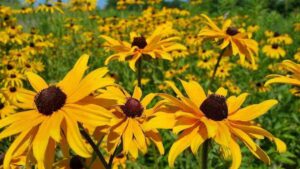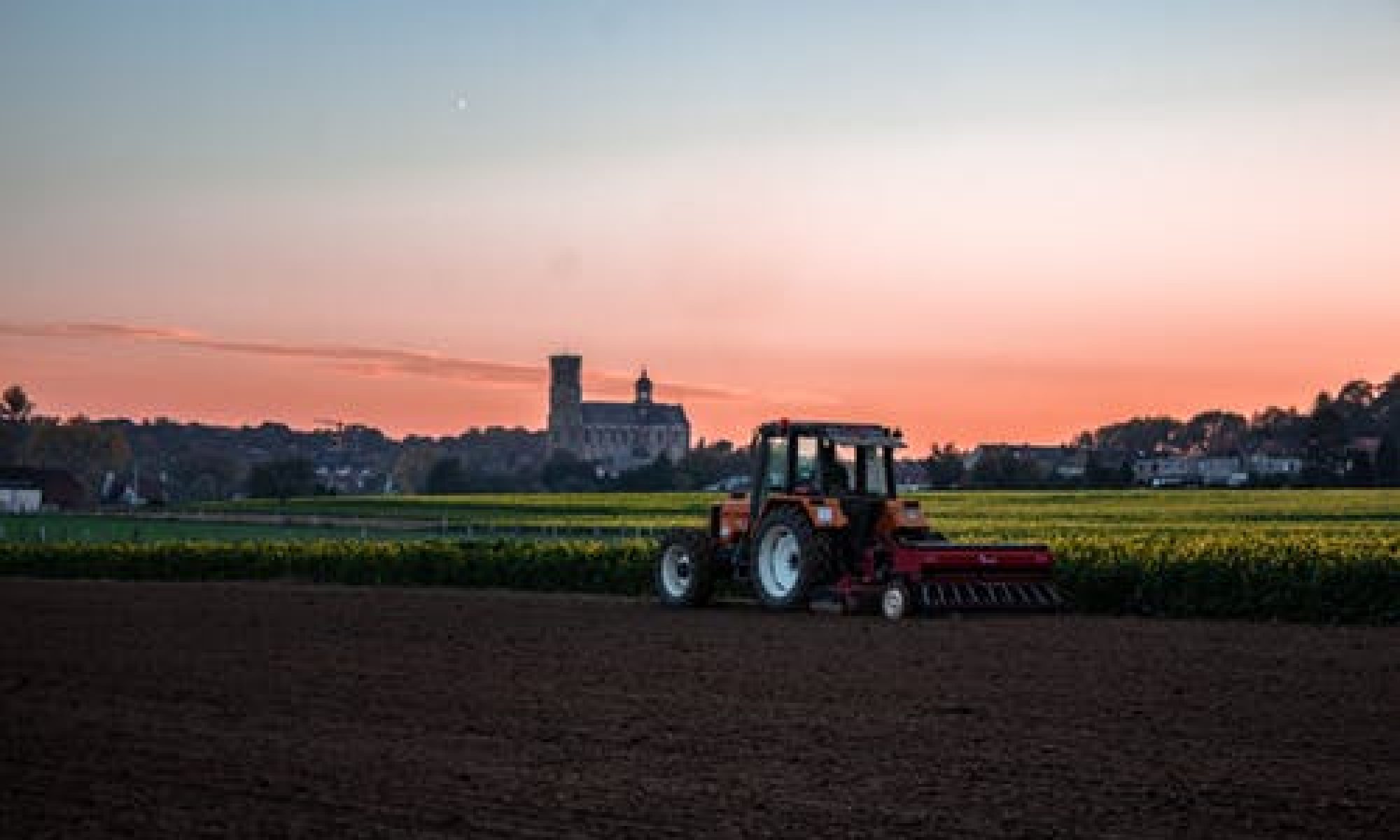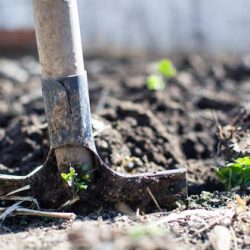
Jacksonville, Florida has a warm, humid climate and sandy soil, which can make gardening a challenge. However, there are several types of plants that thrive in these conditions and would make great additions to a Jacksonville garden. Here are some of the best types of plants to have in a Jacksonville garden:
Native Plants
Native plants are a great option for a Jacksonville garden because they are adapted to the local climate and soil conditions. Some popular native plants include Southern magnolia, wax myrtle, live oak, and saw palmetto.
Examples of native plants that are found in Jacksonville, Florida:
Southern magnolia (Magnolia grandiflora)
Yaupon holly (Ilex vomitoria)
Sabal palm (Sabal palmetto)
Red maple (Acer rubrum)
Live oak (Quercus virginiana)
Cabbage palm (Sabal palmetto)
Wax myrtle (Myrica cerifera)
American beautyberry (Callicarpa americana)
Sweetgum (Liquidambar styraciflua)
Firebush (Hamelia patens)
These are just a few examples of the many native plants that can be found in Jacksonville, Florida. Native plants are important for maintaining local ecosystems and providing habitat for wildlife. They are also often well adapted to local environmental conditions and require less maintenance than non-native plants.
Tropical Plants
Jacksonville’s warm and humid climate also makes it an ideal location for tropical plants, such as hibiscus, bougainvillea, plumeria, and banana trees.
Here are some tropical plants that can thrive in Jacksonville:
Bird of Paradise (Strelitzia reginae) – With its striking orange and blue flowers, the Bird of Paradise is a popular tropical plant that can grow up to 6 feet tall.
Plumeria (Plumeria spp.) – Known for their fragrant and colorful flowers, Plumerias are a favorite among gardeners. They can grow up to 30 feet tall and are perfect for adding a tropical touch to your garden.
Hibiscus (Hibiscus spp.) – Hibiscus plants produce large, showy flowers in a variety of colors, including red, pink, yellow, and orange. They are easy to grow and can be trained to grow as a shrub or a small tree.
Banana (Musa spp.) – Bananas are easy to grow in Jacksonville’s warm and humid climate. They can grow up to 20 feet tall and produce sweet, delicious fruit.
Palm Trees (Arecaceae family) – There are many different types of palm trees that can thrive in Jacksonville, including the Canary Island Date Palm, the Washingtonia Palm, and the Queen Palm. They are great for adding a tropical touch to your landscape.
Bromeliads (Bromeliaceae family) – These plants are known for their vibrant colors and unique foliage. They are easy to grow and can be grown in pots or planted in the ground.
Crotons (Codiaeum variegatum) – Crotons are known for their colorful foliage and can add a vibrant touch to your garden. They are easy to grow and can be trained to grow as a shrub or small tree.
Bougainvillea (Bougainvillea spp.) – Bougainvillea plants are known for their colorful and showy flowers. They can be grown as a climbing vine or trained to grow as a shrub or small tree.
These are just a few of the many tropical plants that can thrive in Jacksonville’s climate. Be sure to do some research and choose plants that are well-suited to your specific growing conditions.
Succulents
Succulents are a great choice for a Jacksonville garden because they are drought-tolerant and can thrive in sandy soil. Some popular succulents for Jacksonville include agave, aloe vera, and snake plant.
Here are some succulent varieties that should do well in Jacksonville:
Aloe Vera: Aloe vera is a popular succulent that is well suited to growing in Jacksonville’s warm climate. It prefers bright, indirect light and well-draining soil.
Agave: Agave is another succulent that is well-suited to growing in Jacksonville. It’s a hardy plant that can withstand the heat and humidity, and it prefers well-draining soil.
Echeveria: Echeveria is a beautiful and low-maintenance succulent that comes in a variety of colors and shapes. It prefers bright, indirect light and well-draining soil.
Crassula: Crassula is a succulent that is well-suited to growing in Jacksonville’s humid climate. It prefers bright, indirect light and well-draining soil.
Sedum: Sedum is a hardy succulent that can tolerate a wide range of temperatures and growing conditions. It prefers well-draining soil and moderate sunlight.
Portulacaria afra: Portulacaria afra, also known as elephant bush, is a popular succulent that can grow into a small tree. It prefers bright, indirect light and well-draining soil. My neighbor who is a Jacksonville Litigation Attorney is an expert at growing Portulacaria afra.
Remember to make sure your succulent’s pot has drainage holes, and that you water it only when the soil is dry. Overwatering is a common mistake that can lead to root rot and other problems.
Herbs
Herbs are a great addition to any garden and can be grown in containers or in the ground. Some popular herbs for Jacksonville include basil, mint, rosemary, and thyme.
Here are some types of herbs that you can consider growing in Jacksonville:
Basil – This herb loves warm weather and grows well in Jacksonville. It can be grown in pots or in the ground and is a great addition to salads, pesto, and pasta dishes.
Mint – Mint is a fast-growing herb that thrives in humid conditions. It is great for adding flavor to drinks, desserts, and savory dishes.
Rosemary – Rosemary is a hardy herb that can be grown in pots or in the ground. It is an excellent herb for roasting meats and vegetables.
Thyme – Thyme is a small, hardy herb that loves sunny, well-drained soil. It is an excellent herb for seasoning meats, soups, and stews.
Sage – Sage is a versatile herb that can be grown in pots or in the ground. It is great for flavoring meats, stuffing, and sauces.
Chives – Chives are a mild-tasting herb that are easy to grow in pots or in the ground. They are great for adding to salads, soups, and dips.
Oregano – Oregano is a hardy herb that loves hot, dry weather. It is great for adding flavor to pizzas, pasta dishes, and sauces.
Parsley – Parsley is an easy-to-grow herb that can be used in a variety of dishes. It is great for adding flavor to soups, stews, and salads.
Cilantro – Cilantro is a fast-growing herb that loves warm weather. It is great for adding flavor to Mexican and Asian dishes.
Remember to choose herbs that are suitable for your gardening experience and space, and ensure to provide them with the appropriate amount of sunlight, water, and care they need to thrive.
Citrus Trees
Citrus trees, such as oranges, lemons, and limes, can thrive in Jacksonville’s warm climate and sandy soil. They also add a beautiful fragrance to the garden.
Some of the most popular citrus trees that are suitable for this region include:
Satsuma Mandarin: This is a small, seedless and easy-to-peel citrus fruit that is very popular in Florida. The tree is cold-hardy and can withstand temperatures as low as 15 degrees Fahrenheit.
Valencia Orange: Valencia oranges are sweet and juicy and are great for juicing. The tree is a prolific producer and can produce fruit year-round.
Meyer Lemon: Meyer lemons are a cross between a lemon and a mandarin orange, and are sweeter and less acidic than regular lemons. The tree is relatively small and can be grown in a container.
Grapefruit: Ruby Red grapefruit is a popular variety that is grown in Florida. It is sweet, juicy and tart. The tree is a prolific producer and can produce fruit year-round.
Lime: Key lime is a small, yellow-green citrus fruit that is used in many recipes, including Key lime pie. The tree is small and can be grown in a container.
When selecting citrus trees to grow in Jacksonville, it’s important to choose varieties that are adapted to the local climate and soil conditions. You may want to consult with a local nursery or agricultural extension service for advice on selecting and caring for citrus trees in your area.
Overall, there are many different types of plants that can thrive in a Jacksonville garden, and it’s important to choose plants that are well-suited to the local climate and soil conditions. By selecting the right plants, you can create a beautiful and thriving garden that you can enjoy year-round.

